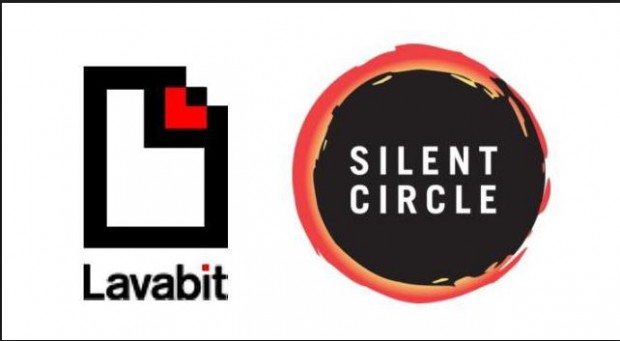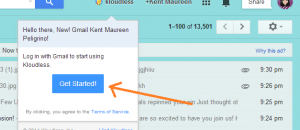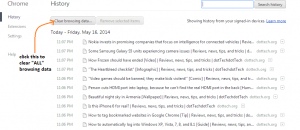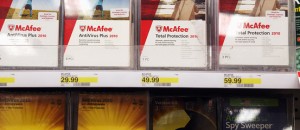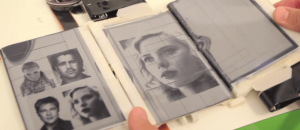Think your personal email is private? Think again. Let’s face it, you have better privacy by mailing a letter through the postal service than you actually do with email. The problem is your email can be hacked, scanned, and pretty much intercepted without you or the intended recipient knowing it. If a letter is tampered with when you send it via “snail mail” someone is going to notice.
That’s where Dark Mail Alliance hopes to come in. Created by two former encrypted mail services — Lavabit and Silent Circle — Dark Mail Alliance wants to bring back the privacy to email. Their plan is to provide users with a way to encrypt the message on their end and allow the recipient to unencrypt it once they open it. This open source tool can be integrated with any mail service so you don’t have to have a special account. The challenge is getting companies like Google and Yahoo to go along with it.
Dark Mail Alliance was formed by Lavabit and Silent Circle, two companies who until recently offered encrypted mail services. The companies closed their doors out of fear that they were still vulnerable to attack. Their fears were well founded when the government swooped in demanding encrypted emails from Lavabit.
Dark Mail Alliance’s plan is still in the works, but the idea is to assign a private key to a particular user. This key populates across the user’s devices and it stores the email in a cloud for pick up by the recipient. Only the public keys and addresses would go onto the public servers. It certainly isn’t the first of its kind, but the hope is that the big names in email and technology will pick up the add-on making it a seamless journey.
With every silver lining there is a down side. The major one is that because the email can’t be scanned for advertisements, it will make it more difficult for spam filters to catch those messages. The hope is that over time, the keys used to sign the messages would develop a trust system.
There is also the fear of this falling into the wrong hands. Terrorists and child molesters could easily encrypt their messages just like everyone else. The question becomes what is more important, providing privacy to the average citizen or continuing to treat everyone like they have something to hide. Right now, Big Brother is watching, reading, and listening.
[via Forbes]

 Email article
Email article
